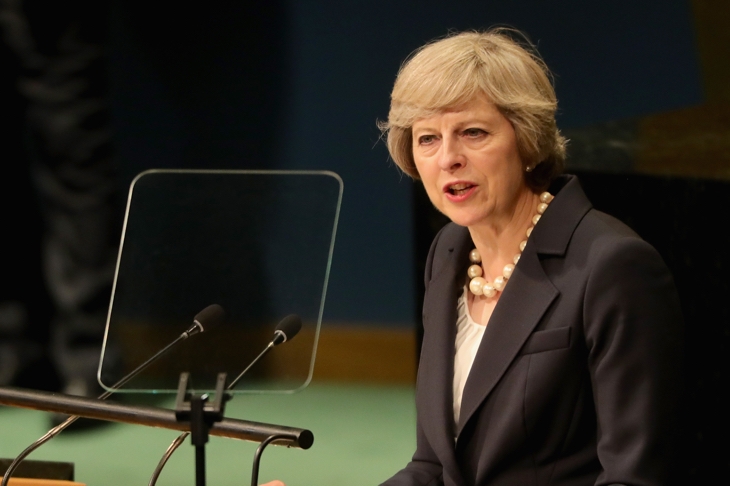What does Theresa May want post-18 education to look like? The Prime Minister’s plans for tuition fees are getting the most attention today, but her big education speech has a lot more in it than just the cost of university degrees. Indeed, May is criticising the ‘outdated attitude’ that university is the be all and end all, and promising reform of vocational training, including apprenticeships.
A focus on vocational training is something all prime ministers tend to meander into, before realising that higher education is so devilishly complicated that they retreat before achieving said reform. In May’s case, it may not be the complexity of the sector so much as the confusion in her own government that causes the most trouble.
Here is a brief meander through the complicated post-18 landscape. Even though a majority of graduates are in ‘non-graduate’ jobs (it’s worth noting that according to the Chartered Institute of Personnel and Development, which examines the problem of over-qualification in the jobs market, ‘non-graduate’ includes press officer, which may insult those government employees currently trying to explain to baffled journalists what on earth May wants to achieve with her education reforms), university is still sold as the gold standard for the most able graduates. Never mind that ‘most able’ may not necessarily mean ‘most academic’. And never mind, indeed, that ‘most academic’ also may not necessarily mean ‘most useful to employers’. The CIPD’s latest analysis shows that the most ‘academic’ subjects such as languages and arts tend to have the highest proportion of graduates earning under £20,000, with medicine, education, architecture, veterinary sciences and biological sciences taking the top spots for earnings potential.
What do those five subjects have in common? They’re more vocational-based degrees, yet are still regarded as belonging in the hallowed world of academia and universities, rather than the considerably less-respected category of vocational education. Never mind that these vocations build the houses, save the lives and teach the next lot of us: to gain respect, you must be given the same high esteem as those of us who spent three years reading poetry and consider wiring a plug to be a pinnacle of practicality. If May really wanted to make vocational education a serious priority, whether it trained someone to be a surgeon or a computer programmer, then she could link those ‘respected’ professions such as medicine with those that still keep our country moving but don’t have quite the same kudos.
But she also wants to ensure that no one is put off from going to university by the cost of tuition. As Katy says, it’s not even clear that this is really the case for graduates on low incomes, and it has instead become a political rather than policy-based row. But if you don’t want to put bright young things off the career that may take them as far away as could be imagined from the poverty they grew up in, why on earth propose charging them more for such courses?
Perhaps the earnings differential would be clearer, then, if the only high-charging degrees were the ones that led graduates into truly graduate jobs. But this places a great deal of faith in teachers and communities to explain this to their children rather than, as is still the case in many rather more isolated parts of the United Kingdom, those children are already struggling against the widely-expressed opinion that ‘people from round here don’t go to university’. It already seems like a risk, a big breaking-of-the-mould and even a statement that someone might have ideas above their station to go to university, let alone choose the expensive courses.
This is why May cannot introduce changes to the higher education and skills sector in a panic about Jeremy Corbyn. It would be a tremendous shame if one very flawed system that isn’t putting off low-income students from a university education was then replaced with one that managed to do those students a great disservice by truly appearing to limit their options.







Comments